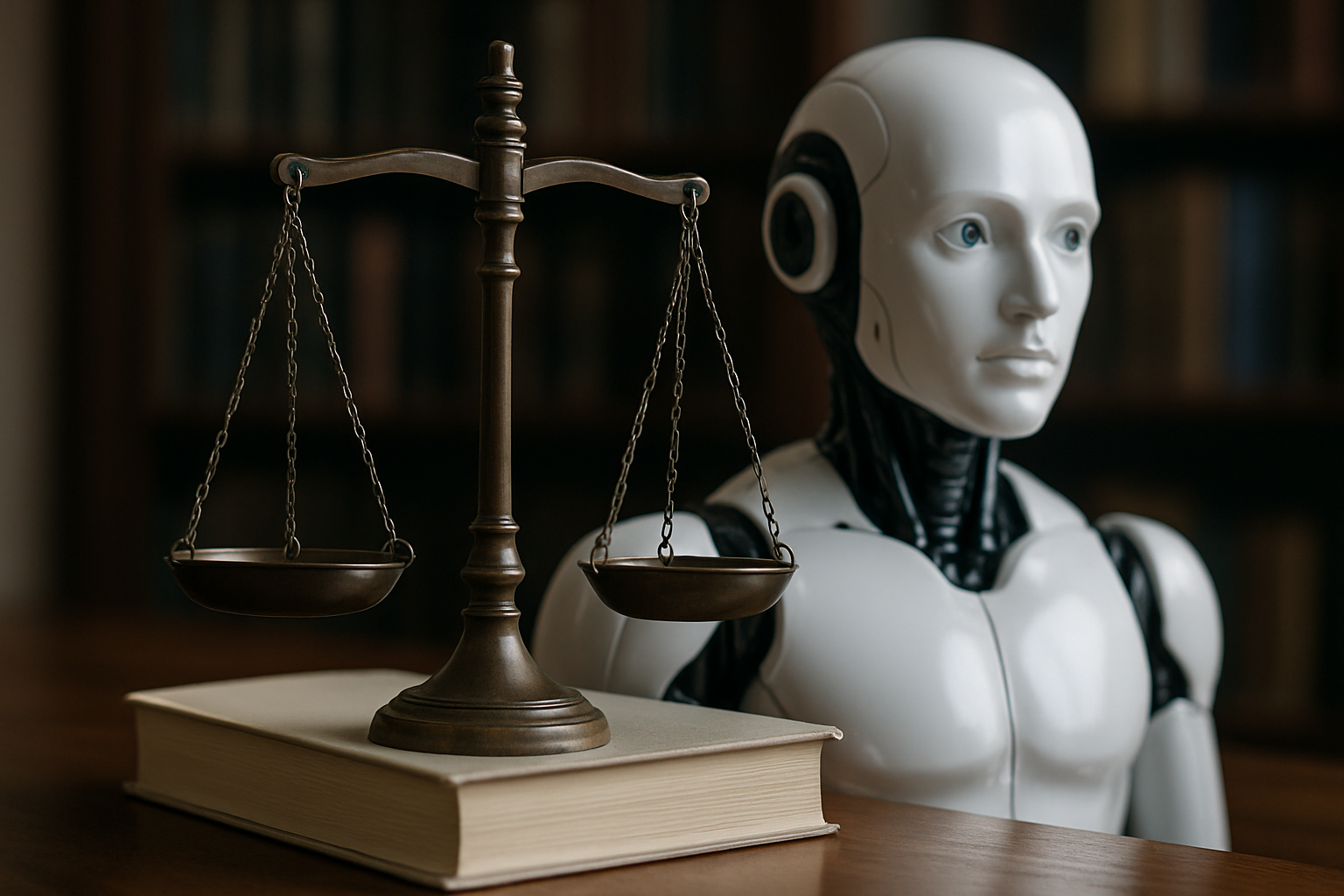Title: Evolving Legal Landscape of Artificial Intelligence Governance
Introduction: In an era of rapid technological advancement, the legal framework surrounding artificial intelligence (AI) governance is undergoing significant transformation. This article delves into the complex interplay between AI innovation and regulatory challenges, exploring how lawmakers and legal experts are grappling with unprecedented ethical and practical dilemmas.

Ethical Considerations in AI Governance
At the heart of AI governance lies a myriad of ethical considerations. Lawmakers and policymakers must grapple with questions of algorithmic bias, transparency, and accountability. The potential for AI systems to perpetuate or exacerbate existing societal inequalities has led to calls for stringent oversight and the development of ethical AI principles. Many jurisdictions are now exploring ways to incorporate these ethical considerations into their legal frameworks, balancing innovation with the protection of fundamental rights.
Liability and Responsibility in AI Decision-Making
As AI systems become more autonomous and influential in decision-making processes, questions of liability and responsibility come to the forefront. Traditional legal concepts of negligence and product liability are being challenged by the unique characteristics of AI technologies. Lawmakers are exploring new legal paradigms to address scenarios where AI systems cause harm or make erroneous decisions. This includes debates over whether AI systems should be granted legal personhood and how to attribute responsibility when multiple parties are involved in an AI system’s development and deployment.
Data Protection and AI
The intersection of data protection laws and AI governance presents significant challenges. AI systems often rely on vast amounts of data, raising concerns about privacy, data ownership, and informed consent. Legislators are working to reconcile existing data protection frameworks, such as the General Data Protection Regulation (GDPR), with the unique demands of AI technologies. This includes addressing issues like the right to explanation for AI-driven decisions and the concept of data minimization in the context of machine learning.
International Cooperation and Harmonization
Given the global nature of AI development and deployment, international cooperation and harmonization of AI governance approaches are becoming increasingly crucial. Efforts are underway to establish international standards and best practices for AI regulation. Organizations such as the OECD and UNESCO have proposed AI principles and guidelines, aiming to create a common foundation for AI governance across borders. However, achieving consensus among nations with diverse legal traditions and technological capabilities remains a significant challenge.
Emerging Legal Frameworks for Specific AI Applications
As AI technologies diversify and specialize, lawmakers are developing targeted legal frameworks for specific AI applications. For instance, the regulation of autonomous vehicles is evolving rapidly, with countries establishing new traffic laws and liability regimes to accommodate self-driving cars. Similarly, the use of AI in healthcare is prompting revisions to medical device regulations and patient data protection laws. These sector-specific approaches demonstrate the need for flexible and adaptable legal frameworks that can keep pace with technological advancements.
Challenges in Enforcement and Compliance
Enforcing AI regulations and ensuring compliance present unique challenges for legal systems. The complexity and opacity of many AI systems make it difficult for regulators to assess compliance and investigate potential violations. Additionally, the rapid pace of AI innovation often outstrips the ability of legal systems to adapt, creating regulatory gaps. To address these challenges, some jurisdictions are exploring innovative approaches such as regulatory sandboxes and AI auditing frameworks.
In conclusion, the legal landscape of AI governance is in a state of flux, characterized by ongoing debates, emerging frameworks, and evolving approaches. As AI continues to transform various sectors of society, the legal community faces the monumental task of crafting regulations that foster innovation while safeguarding ethical principles and fundamental rights. The coming years will likely see significant developments in AI law, shaping the future of this transformative technology.






